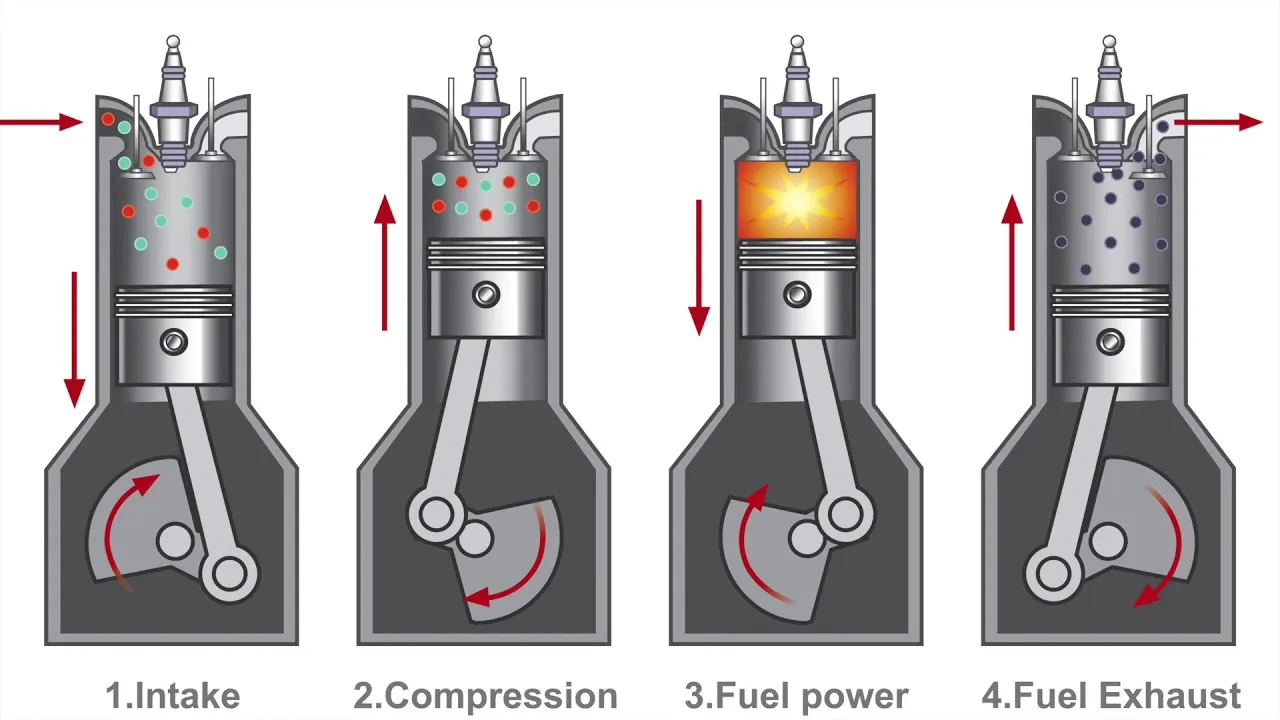With information from: Daniela Durán and Alejandro Gómez
Emilio Muñoz, a Mechatronic Engineering student from the León campus of Tec de Monterrey, has earned third place nationwide in the call for scientific research projects from Falling Walls, for his proposal to convert automobiles to having electromagnetic engines.
Falling Walls is a competition organized by the German Academic Exchange Service (DAAD), Goethe-Institut, and the German embassy, which was held virtually on August 17.
What makes the project innovative is that you don’t need to buy a new car with an electromagnetic engine, as you can adapt your vehicle’s existing engine.
“We were given the possible scenario that there wouldn’t be any more gasoline by 2050, so we thought: what would we do with all the internal combustion engines that already exist so that they wouldn’t be wasted? That’s where the idea came from.”

Muñoz’s project was one of the 20 selected in Mexico to present their proposals to an international panel in a 3-minute pitch.
“I happened to be the youngest competitor. Most of them were already researchers or PhD students,” said Emilio to CONECTA.
THE IDEA OF AN ELECTROMAGNETIC ENGINE
The idea preserves how the engine normally runs, adding a computer that changes the polarity of the pistons without combustion, thus allowing energy to be generated.

“We would improve engines with this innovation, as the rest of the automobile would continue to work the same as before. We’d only remove the gasoline combustion system.”
Advantages of adapting engines:
- An engine with zero emissions of carbon dioxide
- An improvement in performance
- An increase in power
- Affordable
- No need for a physical modification to the existing engine
The project came about as a solution to Global Challenges, which presented the possible scenario that there wouldn’t be any more gasoline by 2050.

“This type of initiative is necessary and important, but they depend on an ecosystem in which all the parts of the puzzle are solved by putting different initiatives together,” said Germán Enríquez, a climate change professor from León campus.
Emilio is looking to patent his project and find sponsors to support him in modifying vehicles to make them free of carbon emissions and solve the future problem of gasoline scarcity.
“I was quite pleased with my place on the podium. I’m sure that this will encourage me to enter more competitions, so I can make more noise and generate social change in Mexico,” concluded Muñoz.
YOU’LL SURELY WANT TO READ:





